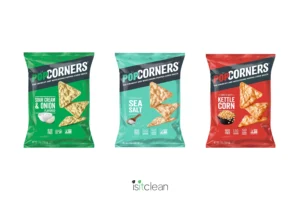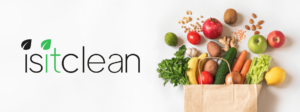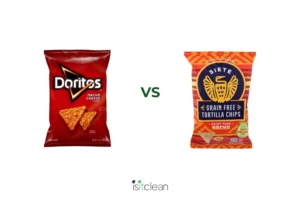
Acesulfame potassium is a zero-calorie sweetener that is added to many sugar-free…



Spirulina is a type of blue-green algae rich in protein, vitamins, and minerals. It grows naturally in the alkaline waters of many lakes, rivers, and ponds. Spirulina is harvested from these sources and then filtered, dried, and ground into a powder. Traditionally, the Aztecs used spirulina as an endurance booster. Today, many use spirulina for the same reasons and take it in powder form. Powdered spirulina is commonly sprinkled into smoothies and over salads, or taken in capsule form. NASA has even used spirulina as a dietary supplement for astronauts on space missions. Spirulina may be found as a powder, tablet, or extract.

Spirulina processing is relatively simple, and no harsh chemicals or solvents are involved. However, avoid spirulina that is grown using un-tested seawater or surface water, which can expose one to heavy metal toxins, chemical fertilizers, and pesticides. It is best to choose a spirulina grown organically because of this. Spirulina is considered a superfood because it contains various nutrients and even protein levels comparable to eggs. Spirulina is also rich in antioxidants, which can help protect cells from damage. Some studies have suggested other benefits such as improving clinical and metabolic parameters of Alzheimer’s disease and reducing physical and mental fatigue.
Health is like a bank account, certain ingredients make a deposit into your health bank, meaning they add to
your health. Certain ingredients withdraw from your health bank. We want health promoting ingredients in our diet. To keep things simple, we rate ingredients on a green, yellow, red scale:

It is naturally occurring in food and has no harmful effects on the body. It is real food. It is health promoting.

It goes into one or more of the below categories

It is known to have a harmful effect on the body (ex. All food colorings, Natural Flavors, MSG, Potassium bromate, aspartame, artificial flavors)



The Food Showdown: Popcorners flavors
Ingredient Rating: Canola oil – is it bad for you?
Clean Consuming: Nourishment for your

We have accomplished so much in just 1 year since our launch in March of 2023! We now have 10,000

The Nacho Chip Food Showdown, is Tapioca Starch safe in food? and a must-see documentary on America’s food system.
Stay in the know with the latest ratings, articles, and our newsletter, The Dirt.